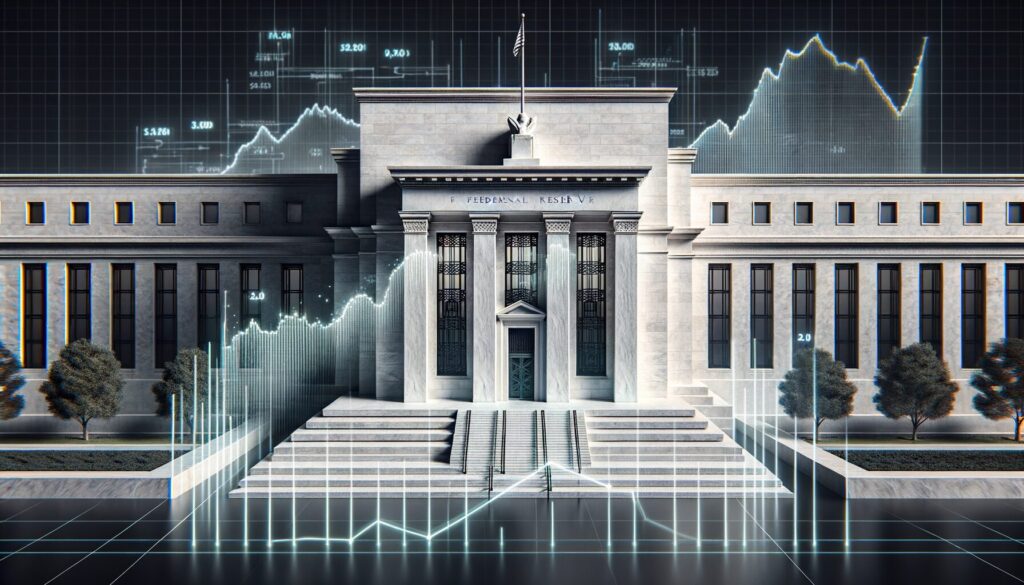Interest rate cuts are now expected in the near future as both JP Morgan and Goldman Sachs have raised some serious recession warnings while the market volatility is growing steadily. The Trump administration’s recently imposed some tariffs that have certainly triggered some widespread economic concerns, with several major banks quickly revising their forecasts upward as the fears of a potential trade war continue to grow and intensify.
Also Read: China’s Central Bank Asks State-owned Banks to Reduce US Dollar Purchases
How Big Banks’ Recession Warnings Can Rewrite Market Actions


JP Morgan just raised its recession chance to 60%, up from 40%, while Goldman Sachs bumped its forecast from 35% to 45%. These rather dramatic shifts came shortly after Trump’s implementation of blanket 10% tariffs on many U.S. trading partners, which has certainly shaken financial markets.


JP Morgan CEO Jamie Dimon wrote in a letter to shareholders:
“The economy is facing considerable turbulence (including geopolitics), and we are likely to see inflationary outcomes. Whether or not the menu of tariffs causes a recession remains in question, but it will slow down growth.”
Interest Rate Cuts Expected to Counter Economic Impact


The Federal Reserve’s interest rate strategy will likely shift in response to these tariffs, at least according to many analysts. Goldman Sachs now anticipates three interest rate cuts this year instead of just two, while Nomura currently expects one cut and RBC is actually predicting three cuts after both previously forecast zero changes.
Also Read: BlackRock Joins Forces With Anchorage to Secure Crypto Custody
Interest rate cuts are widely expected to help absorb some of the initial market shocks from the newly imposed tariffs. The new U.S. trade policies have already caused the global stock market to lose over $10 trillion in just the past week, and many analysts honestly expect this market volatility to continue for some time.
Long-Term Economic Outlook


While interest rate cuts might cushion some of the economic blow, many financial analysts believe that the trade tensions will probably have lasting impacts beyond just the immediate future. The Federal Reserve now faces the challenging task of balancing inflation concerns against the growing recession risks.
Also Read: Chainlink (LINK) Vs. TRON (TRX): Which Is Better For This Dip?
The next few months matter quite a lot at the time of writing. Interest rate cuts will help keep the markets stable during this uncertain time, we hope.





